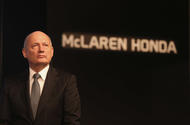Rod Dennis
There are many men and women who have had a significant impact on the development of motoring. Our man picks six from the present and six from the past who have inspired him most
Do you know who your motoring heroes are? Until this question fell heavily onto my desk a couple of weeks ago, I had little idea of mine and not much idea how to decide. I’ve since discovered that arriving at a coherent list is tough indeed but rewarding if you can pull it off.
First, you can’t allow yourself too many, or you’ll devalue the importance of those you do choose. This is your ultimate accolade, remember. Second, you’ve got to resist adopting other people’s heroes, thinking that they will make you seem insightful or respectable (neither of which you may be). Third, you must see a difference between heroes of your own era – who with luck you might have met – and those who are now strictly figures of history. The types are quite different: how would you ever compare the automotive achievements of Ettore Bugatti and Elon Musk?
Finally, you must decide what qualities move a candidate from high achiever to hero? Is it necessary to like them, at least by repute? After much thought, I’ve decided that it is, and that every one of my heroes should have personal qualities I’d emulate if I could. Using those criteria, I came up with six people from modern times and six from history I’d give anything to have known…
Modern-day heroes
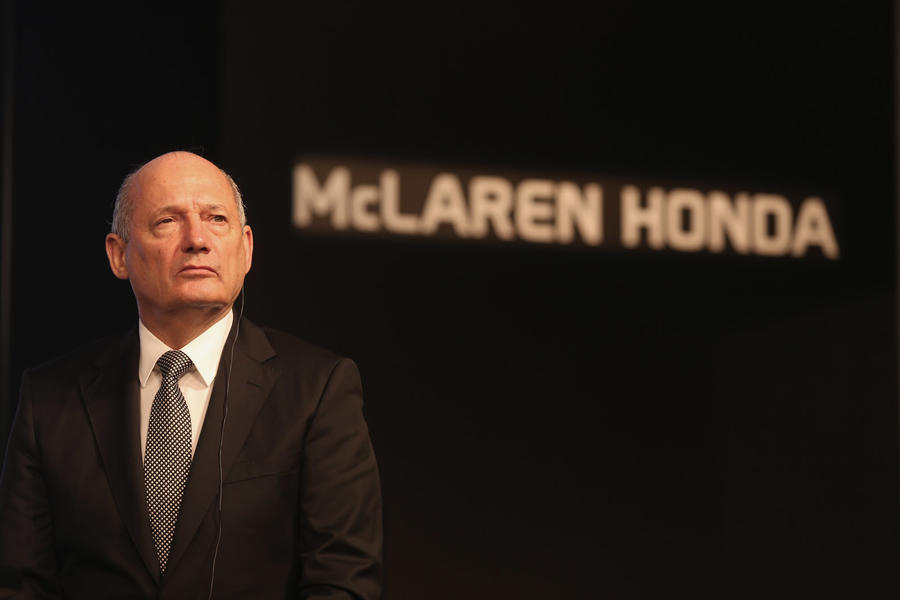
Ron Dennis: Through sheer bloody-minded determination, a sure sense of destiny and a spectacular ability to do deals, the former racing mechanic built a tiny garage-based racing team into a global group with powerful technology, Formula 1 racing and road car building arms. In racing, McLaren came to match Ferrari, which had been at it much longer. In road cars, Dennis presided over first the 1992 McLaren F1, still beautiful and staggeringly capable today, and then the contemporary family of supercars that started with the excellent MP4-12C in 2011. Were it not for a commercial wrangle that saw him ejected from McLaren Group, Dennis might be as widely revered as Enzo Ferrari. He certainly deserves it.
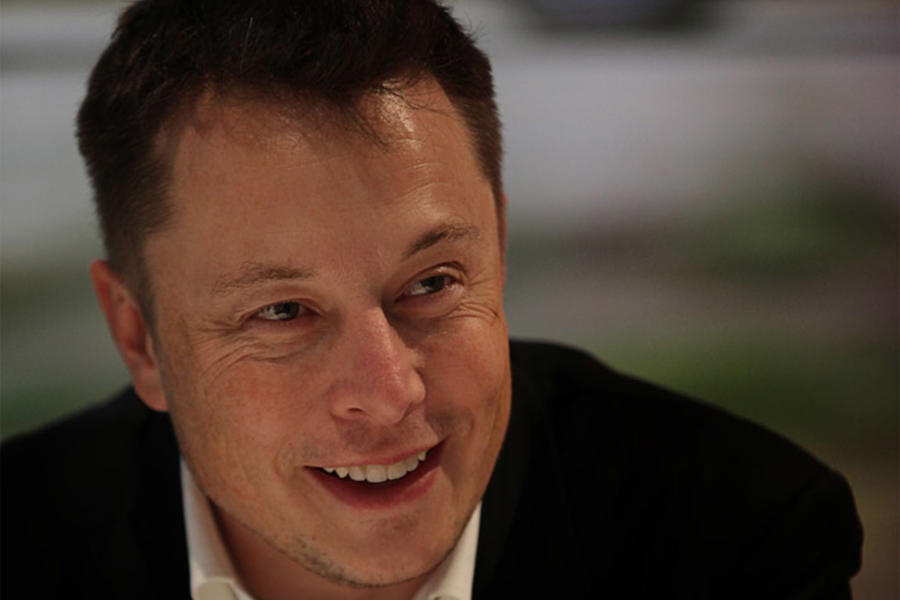
Elon Musk: Currently in the news because of SpaceX, his ‘other’ company, Musk has built Tesla into the world’s foremost electric car company by sheer, implacable dedication to the idea that burning fossil fuels to propel cars is wrong. His hard-headed approach has often put him at odds with authorities and competitors, but he has managed both to scale up his business by taking advantage of all the government assistance available and to advance car technology along the way. Tesla has yet to earn dependable profits after 12 years of car making, yet Musk still manages to make investors love him – a major achievement.
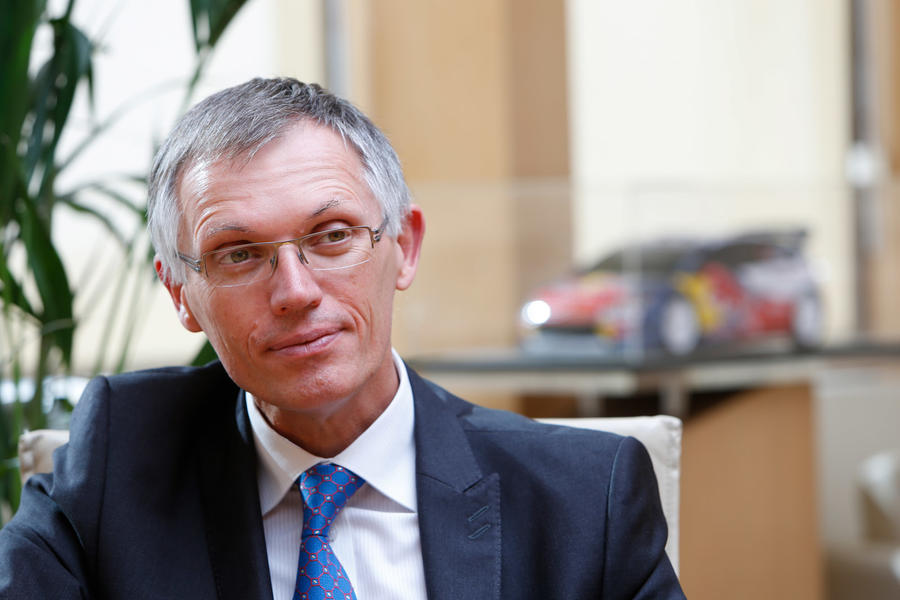
Carlos Tavares: The Portuguese boss of the PSA Group says he would have been a professional racing driver if he had possessed an ounce or two more ability. Instead he’s a talented amateur racer – as well as a world-leading car industry leader with gifts for seeing what really needs doing and for delivering tough messages calmly. Tavares left Renault after a stellar career, having informed his unhelpful boss Carlos Ghosn that he wanted to be the boss of a car company. He soon took on that role at PSA and has since won plaudits for a successful takeover of Opel-Vauxhall. Now working on a further merger with Fiat Chrysler Automobiles, Tavares is seen by all as the person most likely to make that succeed.
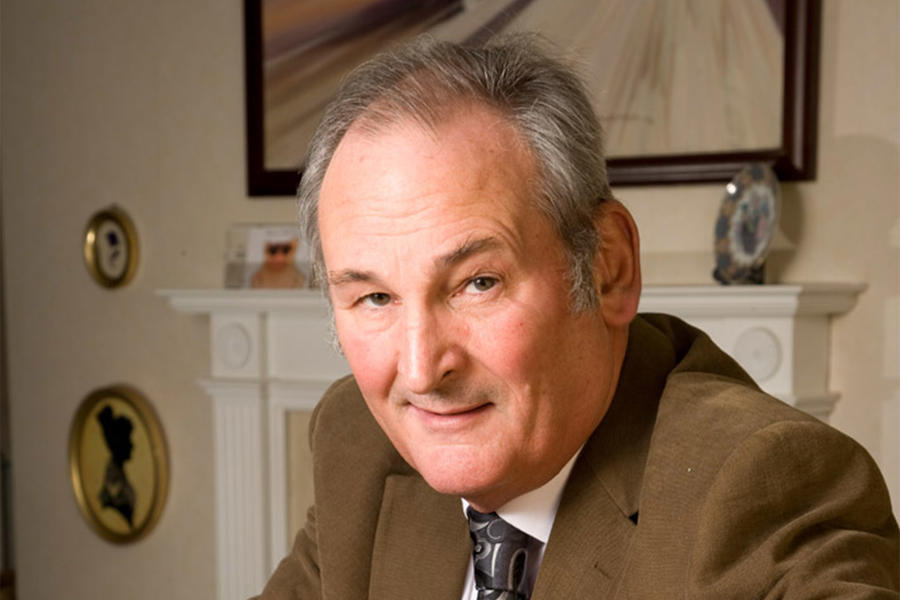
Richard Noble: Noble is the kind of gung-ho Englishman that many of his countrymen would like to be. Determined, outspoken and hugely courageous, he sprang to notice as the driver of the successful land speed record car Thrust 2 in 1983, thereafter leading Andy Green’s 1997 Thrust SSC supersonic effort and helping launch the Bloodhound bid. These, however, are only three of 11 high-risk projects Noble has been part of involving cars, boats and light aircraft. Small wonder his recent autobiography is entitled Take Risk!. Hugely patriotic, Noble believes passionately that projects like his own should be used to encourage school kids to pursue careers in science and technology.
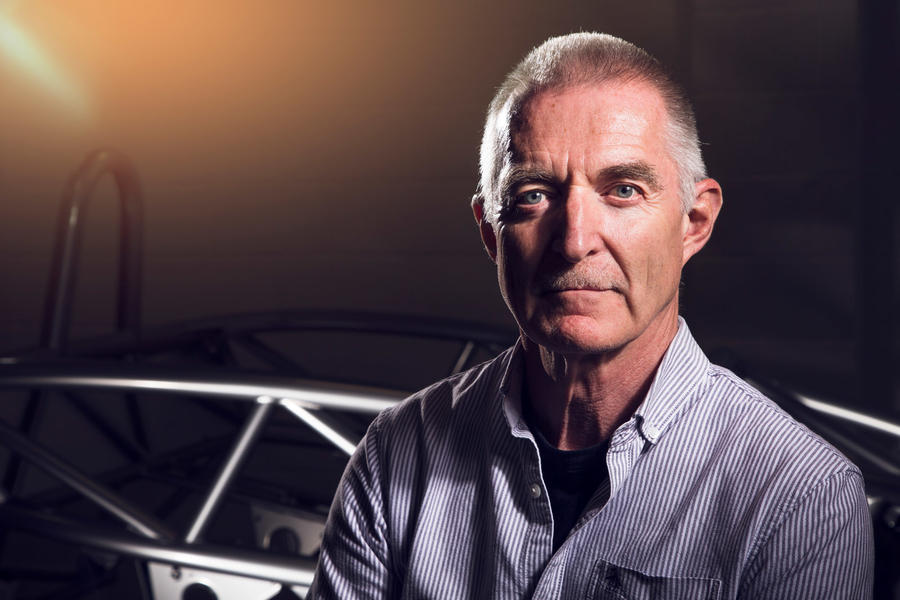
Simon Saunders: The modest and somewhat reclusive founder of Ariel is a prime example of a quiet achiever, seeking approval from nobody but the customer. Although his company makes fewer than 200 vehicles per year, its global reputation belies its size. Saunders, a designer all his life, came up with the idea of a skeletal sports car while working as a design lecturer and proceeded to launch a company, find a marque name, sort finance and suppliers, refine the design, impress customers and successfully launch his Atom. He has since produced two fine supporting products, the Ace motorcycle and the Nomad off-road buggy, and more is planned.
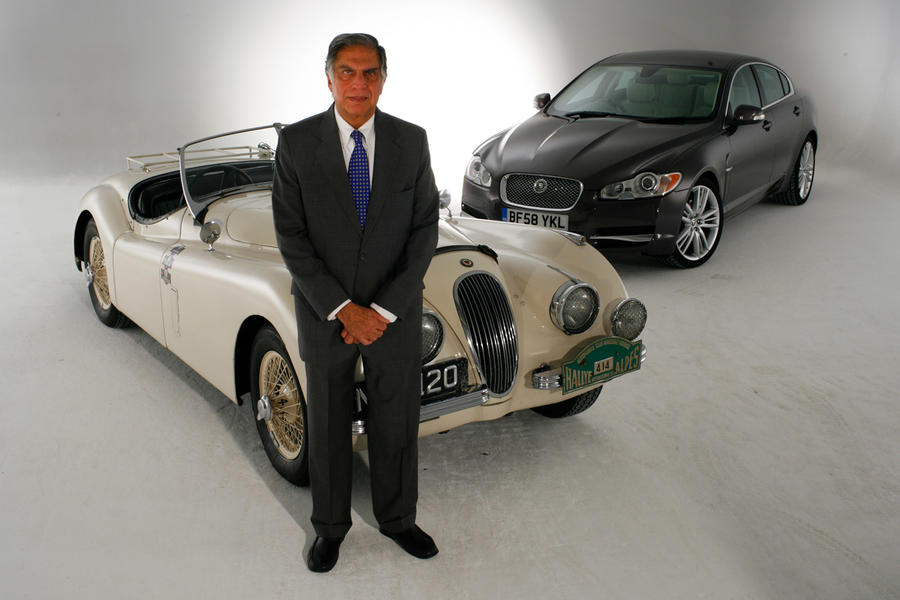
Ratan Tata: The head of India’s hugely successful Tata Sons company when it acquired Jaguar Land Rover in 2008, Ratan Tata was a Jaguar lover from his early years. After the deal was done, Tata did much to create a car-loving culture within JLR that gave greater creative freedom to the talented people already on its books. This led to its emergence as the UK’s biggest car manufacturer, despite setbacks in the 2008-2010 recession and more recently. A quietly spoken and humble man of great presence, Tata is a prime example of someone who wields influence at the highest levels without resorting to aggression or rancour.
Heroes from history
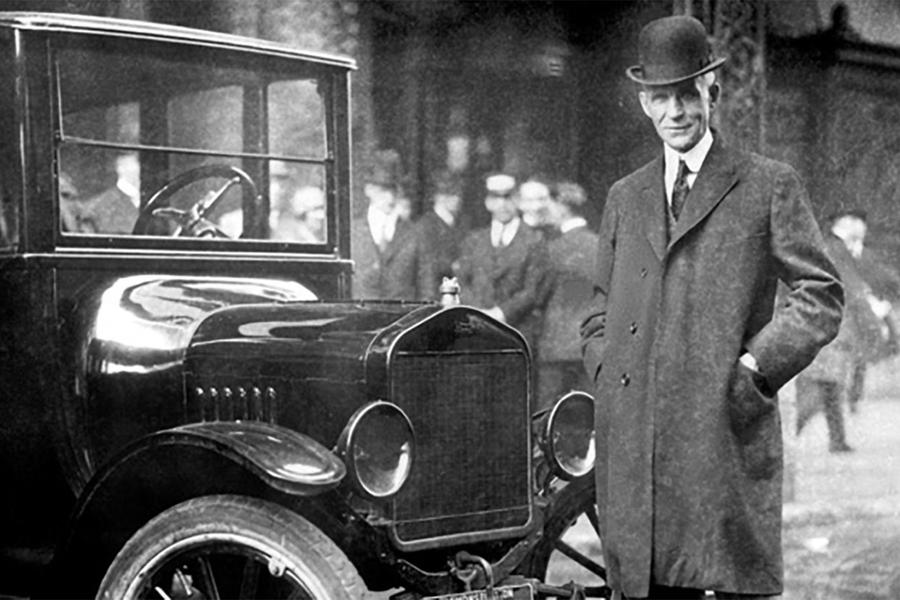
Henry Ford: “Henry put the world on wheels,” people said, and they were right. After a decade of fits and starts, this self-made inventor launched the Ford Model T, which was immediately successful and became so popular that 16 million examples were built in 19 years from 1908, including a million outside the US. At one stage, it accounted for half the cars on British roads. It was amazingly progressive, using high-strength steel for its (thus lighter) chassis and wood from parts packing cases for its flooring. Above all, compared with European contraptions, it was easy to drive, robust and advanced. It wouldn’t stay that way, but that’s another story…
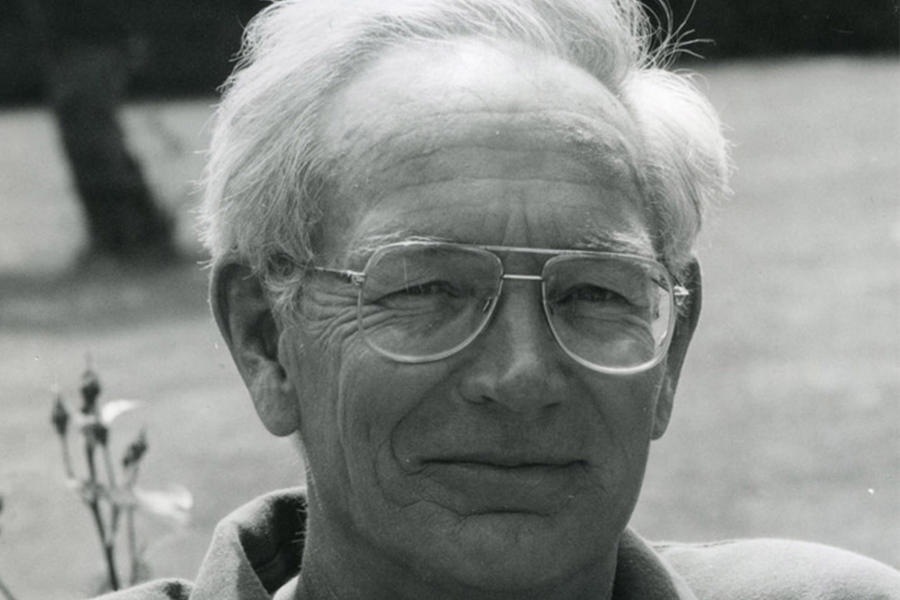
Spen King: Head of new projects at Rover from 1959, King was one of Britain’s greatest engineers and the true father of the Range Rover. He worked with Gordon Bashford to not only design and develop the car’s progressive mechanical package (soft springs, self-levelling, centre differential) but also build the aluminium prototype body that became the inspiration for the all-important look that has helped shape every Range Rover since. A modest man, King always downplayed the latter, insisting that designing the body had required “only 0.1%” of his and Bashford’s time. Valuable minutes…
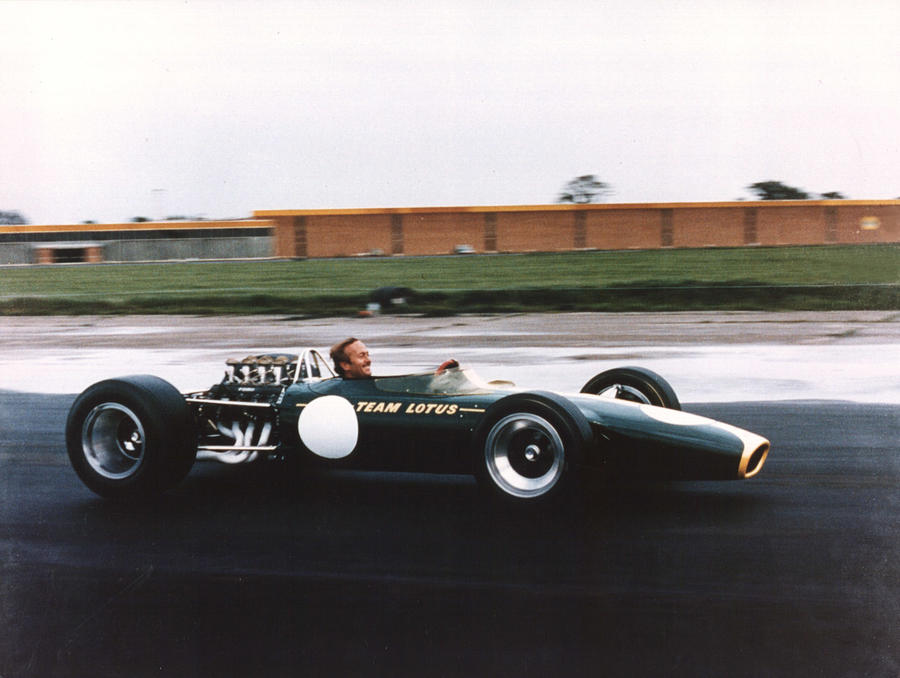
Colin Chapman: The founder of Lotus wasn’t just an engineering boffin with revolutionary ideas or an ambitious, impatient company leader capable of inspiring loyalty among talented acolytes: he was both. The 30 years of Chapman’s heyday (1952-1982), when Lotus progressed from being a builder of Austin Seven specials to a winner of F1 titles, must rank as the greatest years of technological progress in car history to that point. The fact that his discoveries soon spread to rivals’ cars shows how important they were. Lotus’s road cars benefited from the race-car know-how, too – a situation that continues today.
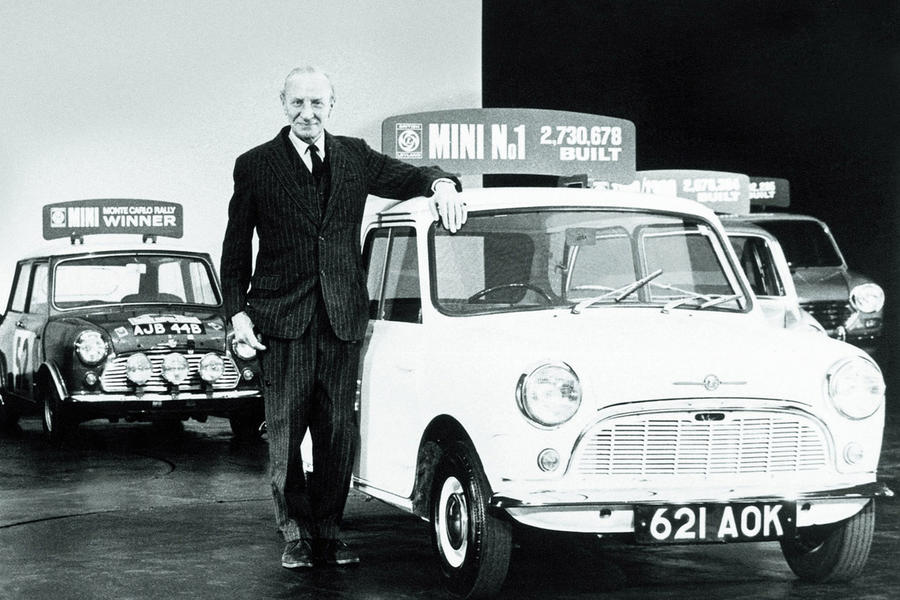
Sir Alec Issigonis: Famed for the Mini, with its transverse engine and accommodation for four inside a 10ft-long body, Issigonis actually had many other strings to his bow. He produced the amazingly effective 1938 Austin Lightweight Special, which underscored the importance of low weight and drag in racing. He was the man behind the Mini’s simple, popular and long-lived forebear, the Morris Minor. With his friend Alex Moulton, he put interconnected fluid suspension under a whole family of BMC and BL cars – Mini, 1100, Maxi, Princess and more – while rivals made ordinary motors. If the manufacturing standards had matched the engineering, these cars would have been world-beaters.
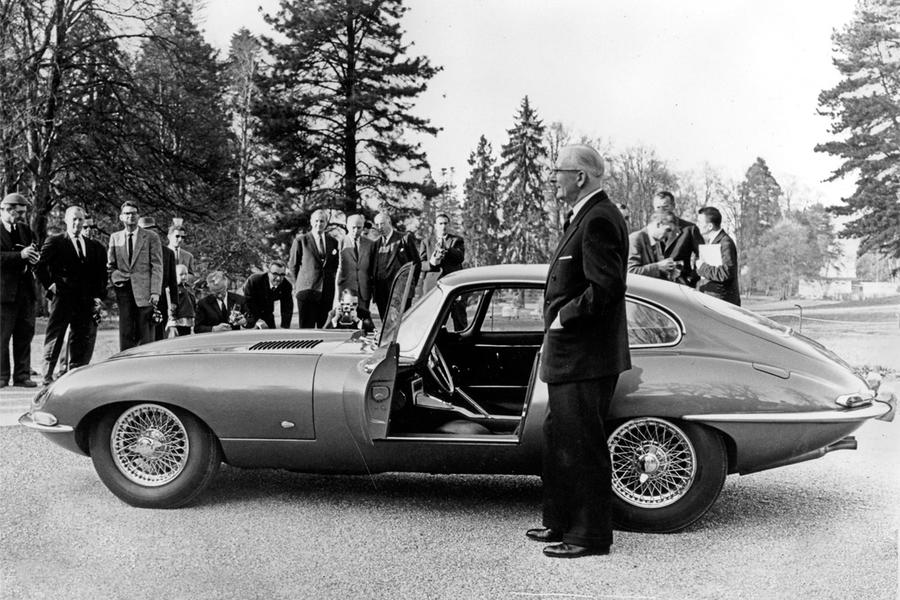
Sir William Lyons: Pictures of Jaguar’s founder tend to show him as an elderly, suit-wearing industrialist, but Lyons’ achievements demonstrate how truly progressive he was on many fronts. Rising from building motorbike sidecars and putting bodies on other people’s cars, his creative impatience led him rapidly into producing fast and powerful models, such as the magnificent SS Jaguar 100 of 1937. He had an instinctive designer’s eye that helped to create a succession of extraordinary post-war cars, beginning with the Jaguar XK120 sports car. His greatest achievement was surely the E-Type: one can barely imagine how that must have looked among the humdrum cars of 1961. By their own admission, today’s designers have much to live up to.
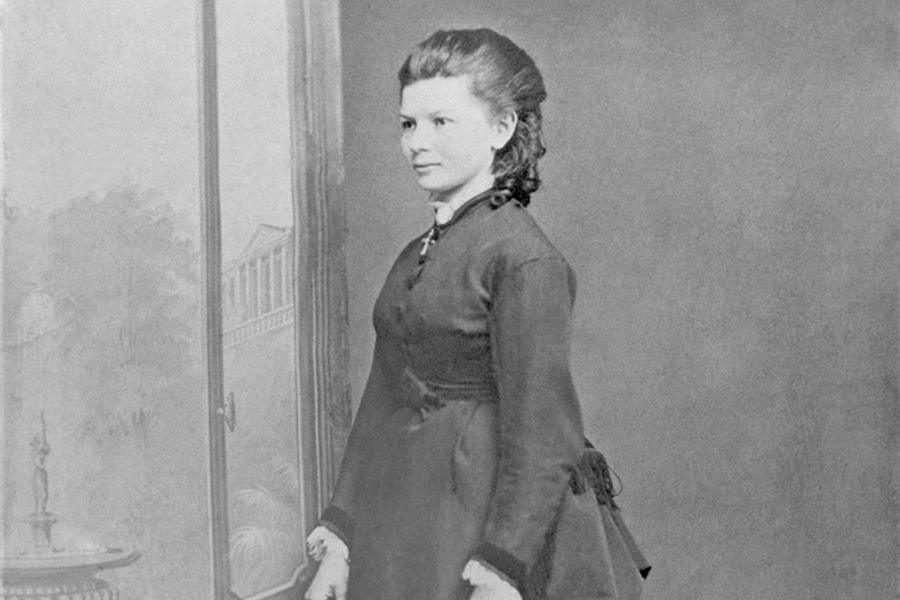
Bertha Benz: It was the motor car pioneer’s wife, not the inventor himself, who discovered the concept of road trips by car. Karl Benz was so obsessed with the machine itself that he didn’t even bother fitting a fuel tank, but one summer morning in 1888, his young wife Bertha took their two sons and the Benz prototype, leaving a note to say she was visiting her mother in Pforzheim. She started the car out of earshot and simply drove away. The 65 miles from Mannheim took 15 hours, with breakdowns that Bertha fixed herself. Her successful arrival (and return) showed that the car was a tool for travel, not just a technical curiosity.
Other contenders
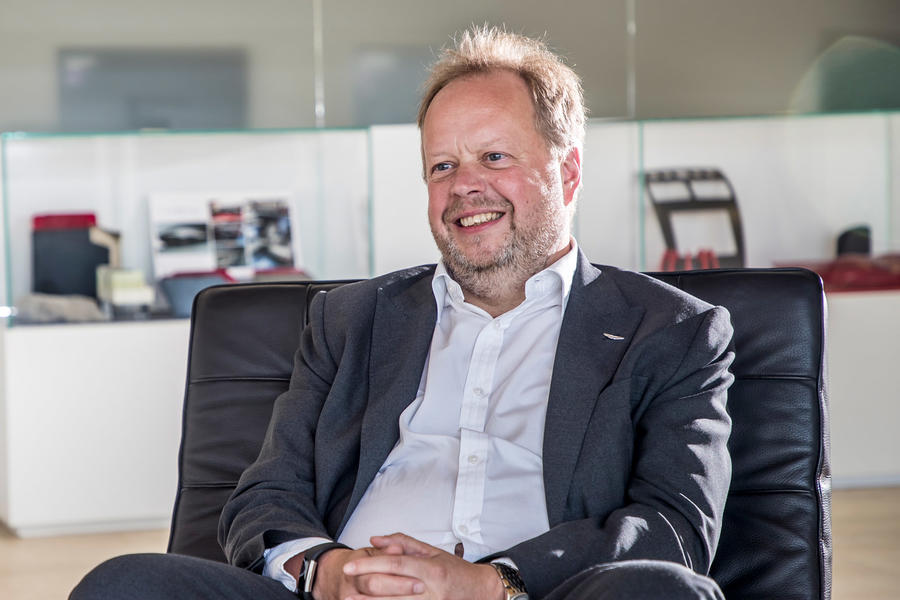
Andy Palmer: Not everything Palmer did as Aston Martin CEO was perfect, but he created some fine cars, a credible road map and a terrific sense of purpose.
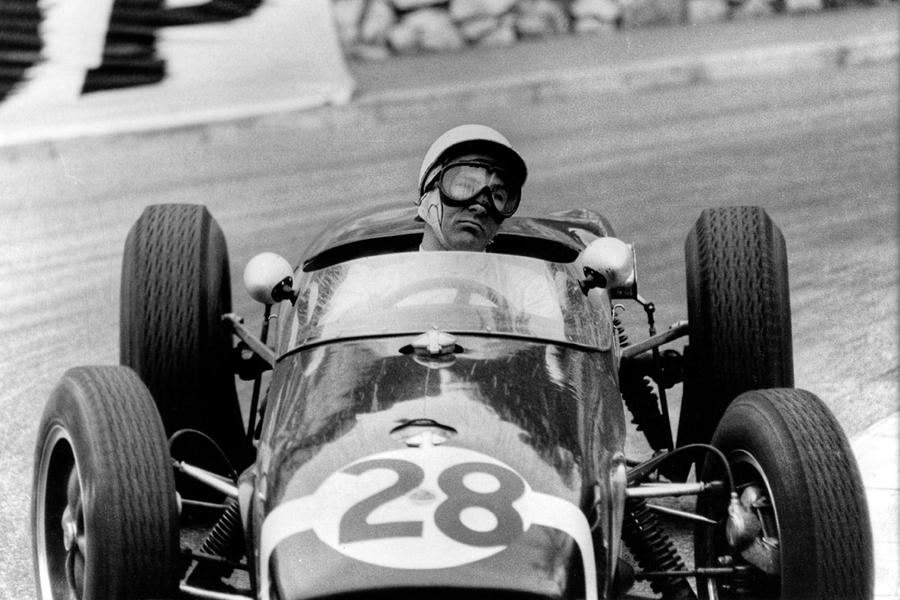
Sir Stirling Moss: A hugely talented and patriotic racing driver who sadly died this year, Moss specialised at winning in cars that were often not the fastest in the race.
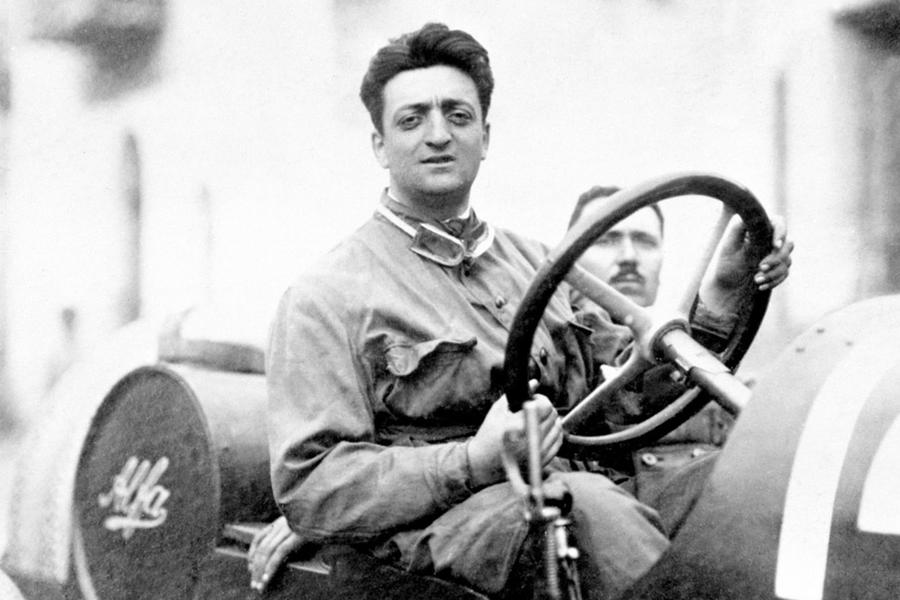
Enzo Ferrari: The legendary creator of the world’s greatest racing and sports car marque, Ferrari was particularly brilliant at spotting people’s talent and bending it to his will.
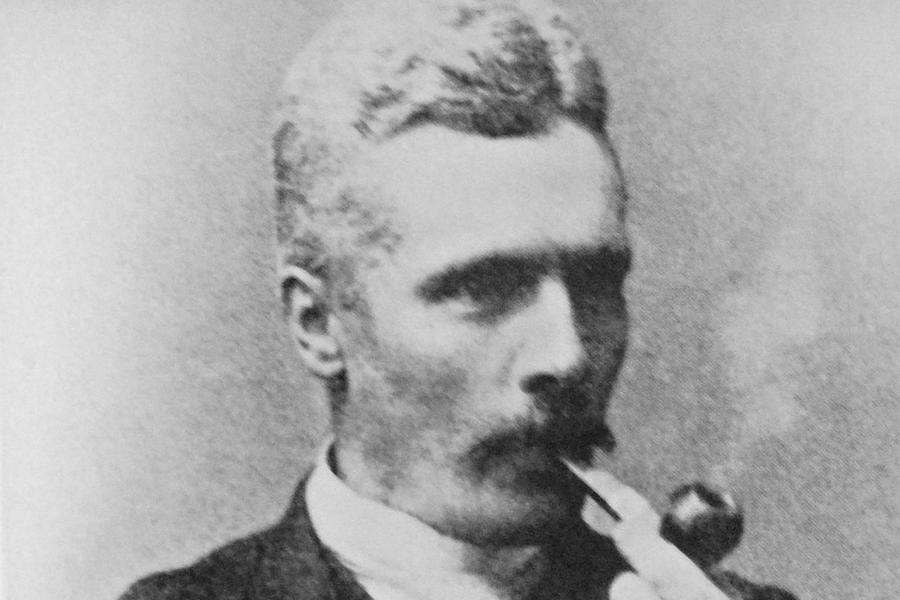
Hugh Locke King: Surrey landowner who went broke creating the extraordinary Brooklands banked race track that kick-started Britain’s car industry.
Five more of our heroes
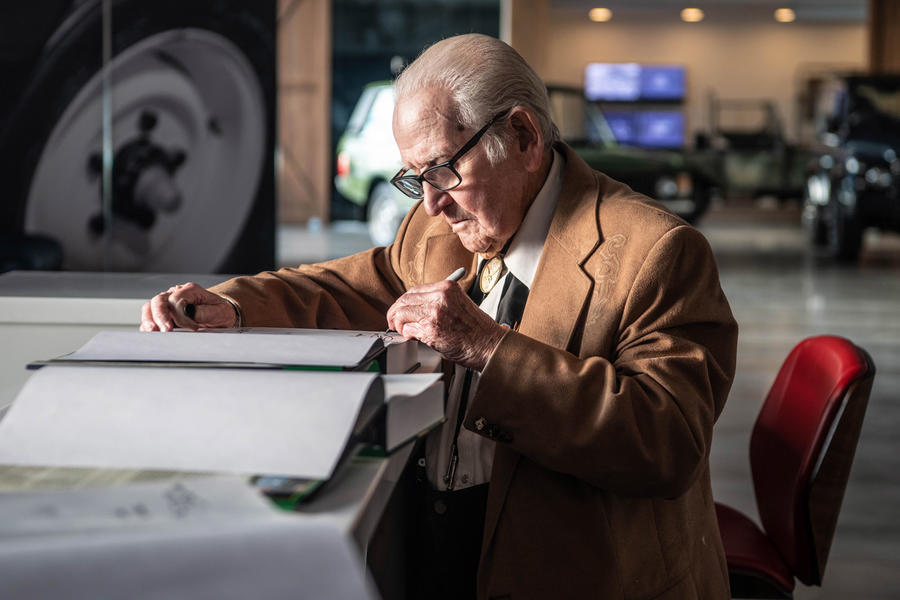
Norman Dewis: The phrase ‘Boy’s Own hero’ was written for Norman Dewis, Jaguar’s renowned test and racing driver across decades, disc brake developer, production car speed record setter and, prior to that, rear gunner in Bristol Blenheim bombers. Better still, there was no ego: you needed just five minutes in Dewis’s gentle company, his eyes always sparkling, to know that he was one of a kind. Jim Holder
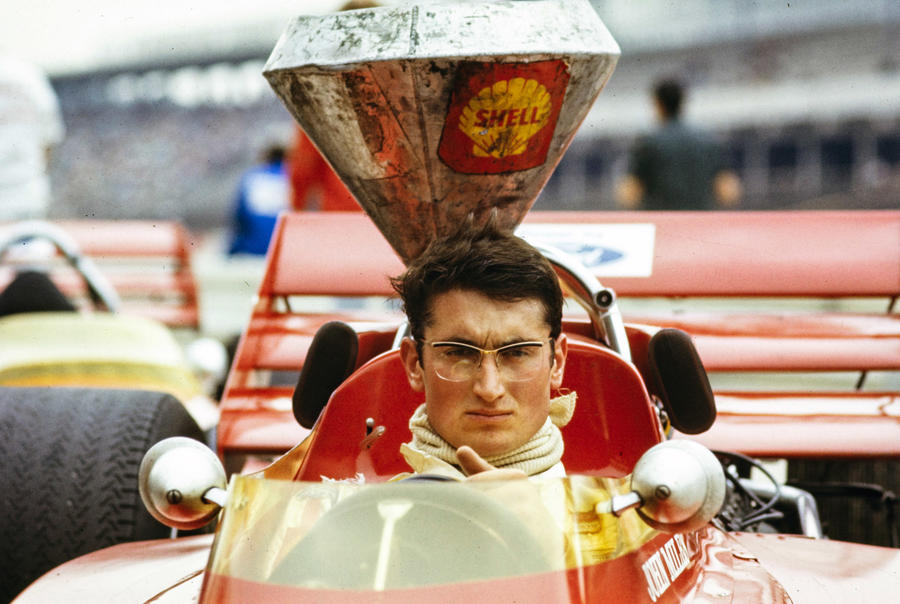
John Miles: When looking up road tests from the 1970s, you regularly come across the unmistakable outline of ‘Big John’ Miles: ex-Autocar road tester and columnist. For a while, his day job was probably similar to mine. But before and afterwards? Not so much. He was an impressive F1 competitor and test driver and had enormous influence on suspension tuning at Lotus, Aston Martin and elsewhere. I wish I had half the talent necessary to emulate his career. Matt Saunders
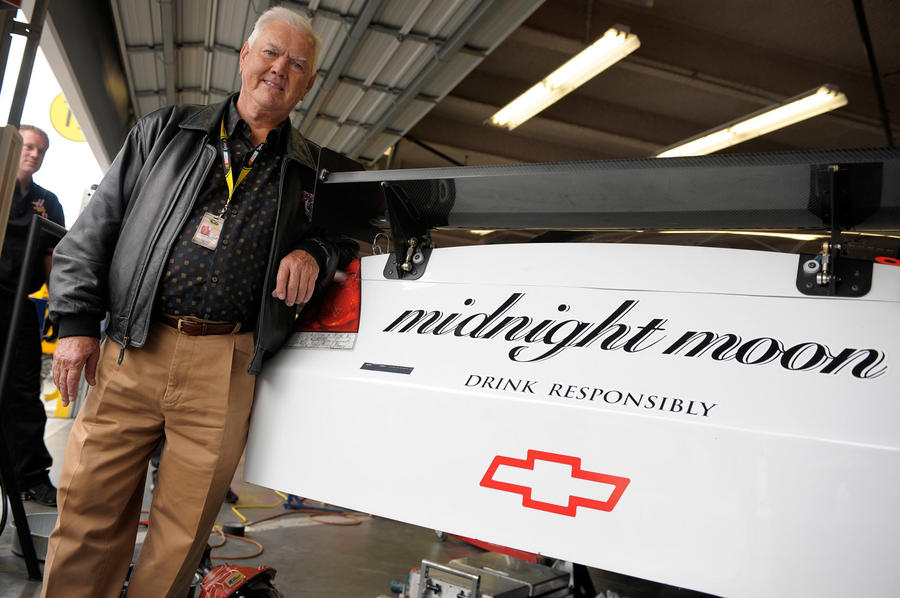
Junior Johnson: Ace bootlegger and moonshine runner. Star racer turned six-time Nascar title-winning team owner. Proud, unapologetic and ingenious cheat. Junior Johnson was among the best at anything he turned his hand to. Credited with inventing the bootleg turn, pioneering drafting at Daytona and inventing some of the most clever (and illegal) stock car tech. Named his autobiography The Last American Hero, which barely feels like a boast. James Attwood
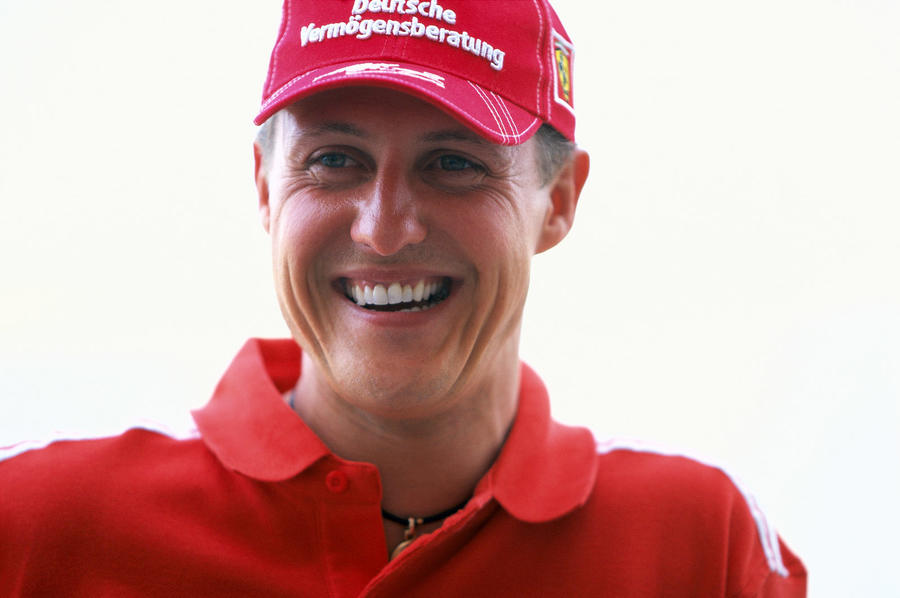
Michael Schumacher: As a boy, I didn’t see any of Schuey’s flaws on the race track or his own unique interpretation of the rules, only a wonderfully talented F1 driver. The 1996 season was the first I ever watched, and witnessing Schumacher haul the Ferrari team to the front over the next decade became the abiding sporting memory of my childhood and sparked my passion for all things with four wheels. Mark Tisshaw
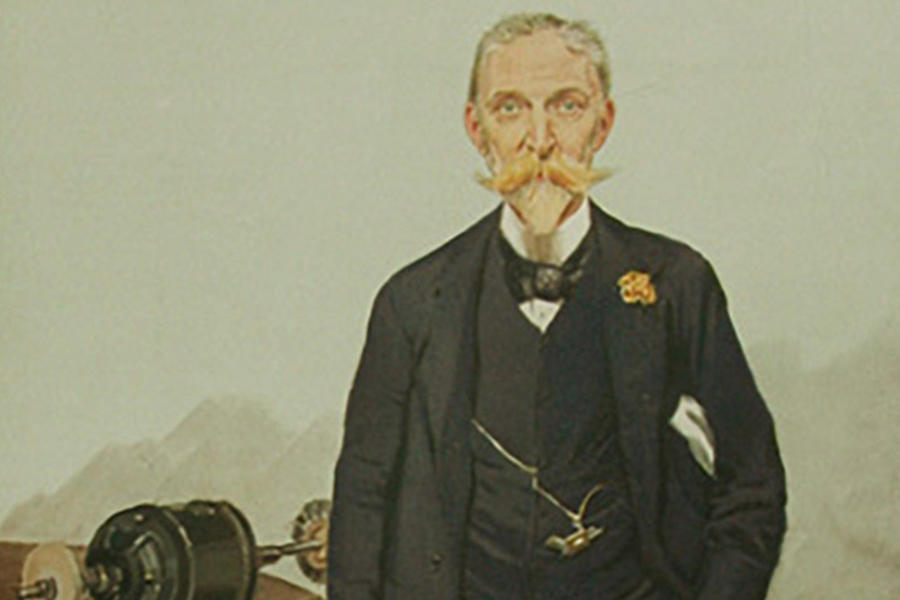
Sir David Salomons: As well as a civil rights hero, Salomons was a key promoter of automobilism. A talented engineer, he had Britain’s first electrically lit home and even built his own electric car in 1874. He was then a founder of the RAC and France’s ACF; held this country’s first car demo; helped organise a London motor show; and led the association that initiated the movement that freed us from the 4mph limit and red flag man. Kris Culmer
READ MORE
Aston Martin boss Andy Palmer set to be replaced by AMG boss Moers
Source: Autocar
